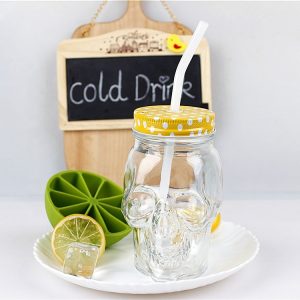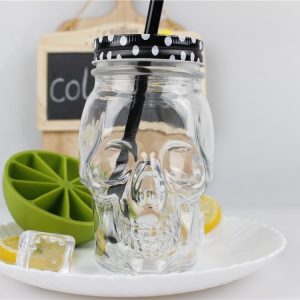Do you know how long the glass lasts?
The chemical composition of the glass is very stable. In its natural state, the glass will not be affected by sunlight, rain and fog, and its performance will not be degraded; ordinary acids and alkalis can not cause damage to the glass. Under normal circumstances, there are two conditions that affect the life of the glass, one is humidity and the other is high temperature.
The life of ordinary glass
Continuously moist air can cause mildew on glass, but the rate of mildew on glass is very slow at room temperature. It usually takes several months. Under normal use, there is rarely moist air that lasts for several months. Because glass is exposed to the air, it will not be mildewed. Generally, the mildew of glass occurs in the process of overlapping storage of glass. It is more prone to mildew when glass is stacked in a humid warehouse or exposed to rain. Generally speaking, untempered glass is more prone to mildew than tempered glass.
Regardless of thermal explosion factors, temperatures below 300°C have no effect on the life and chemical stability of the glass. But above 300°C, as the temperature increases, the physical and chemical properties of the glass will change with the increase in temperature. In terms of physical properties, general glass begins to soften at around 600 degrees. From the chemical point of view, the increase in temperature will cause devitrification inside the glass, which will gradually change the glass from transparent to fuzzy. In the case of 700°C, the process of crystallizing the glass to lose transparency takes several days, while in the case of 300°C, it may take months or even years. In the case of normal temperature, it may take tens of thousands of years to devitrify the glass and it may not be considered.
Life of tempered glass
Physical tempering is to heat the glass and then quench it, which changes the structure of the molecules and molecules in the boil; chemical tempering is used to exchange the molecular structure of the glass surface at high temperature; both methods permanently change the glass material The microstructure. Therefore, unless there is high temperature and strong chemical action, the characteristics of toughening will not decay or change with time under normal use.
Life of insulating glass
Insulating glass is a combination product composed of glass substrate, spacer frame (aluminum strip), desiccant (molecular sieve), and sealing material (butyl rubber, polysulfide rubber or structural glue). In the composition of insulating glass, glass and aluminum frame are usually very stable, and the life of insulating glass depends on the life of molecular sieve and sealing material.
In the composition of the insulating glass system, the glass is very stable. The earliest Chinese glass companies refer to the American standard to give the concept of a 10-year warranty period; in the national standard for insulating glass, the concept of “the life expectancy of insulating glass should be greater than 15 years” is proposed. For the hollow glass that has been installed on the wall, the simpler way to measure it is to measure the dew point or the air humidity of the compartment.




























